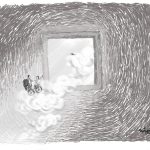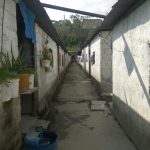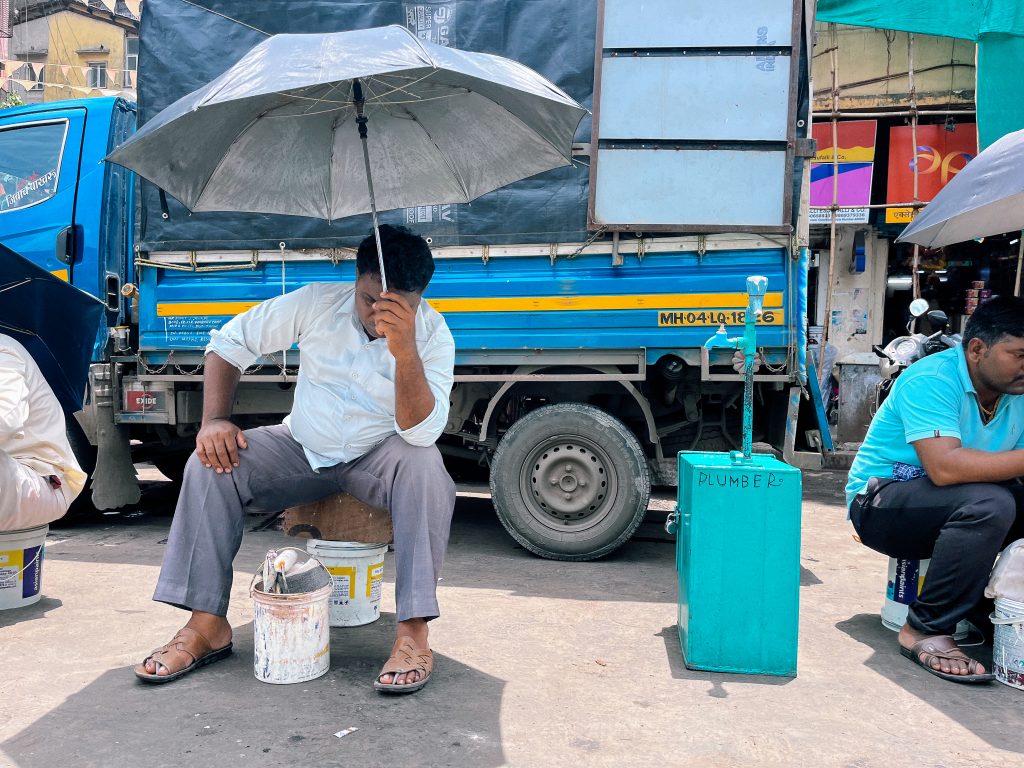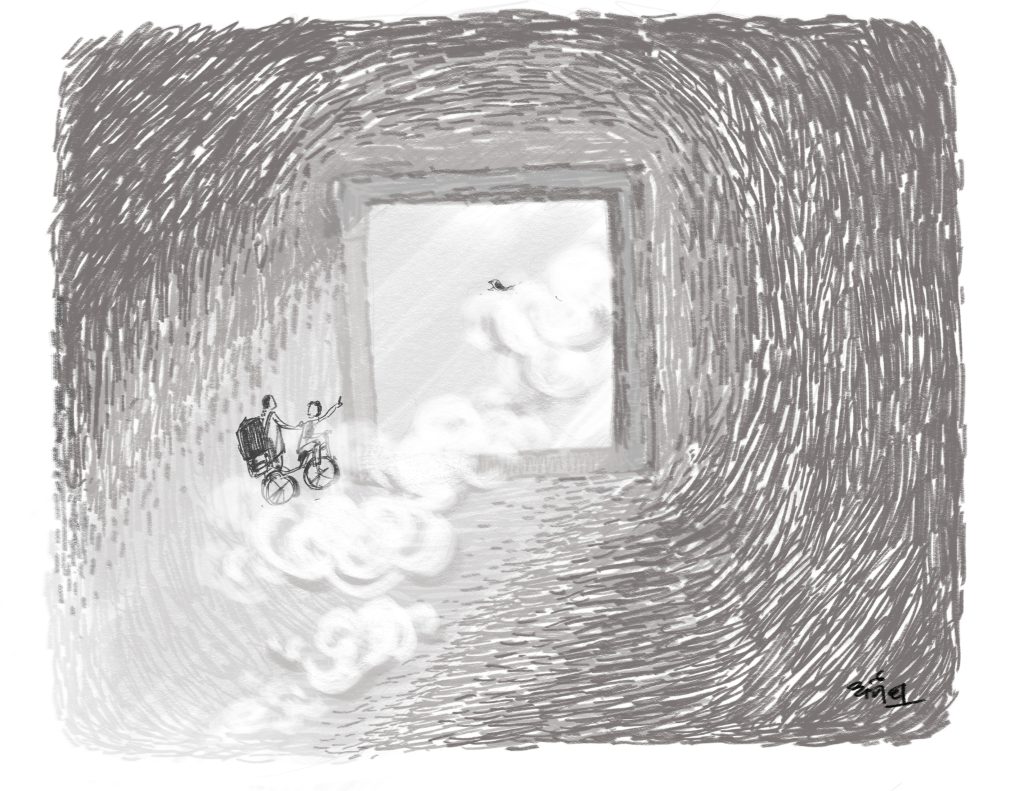I am sharing a few excerpts from a novel to see how many of you have actually read it. If you haven’t, I will provide some hints to help you identify the author. You might want to share this with your friends or family to see if they have read it or can find out about it. Trust me, it will be much more fun if you avoid using AI or Google assistants to find the book !
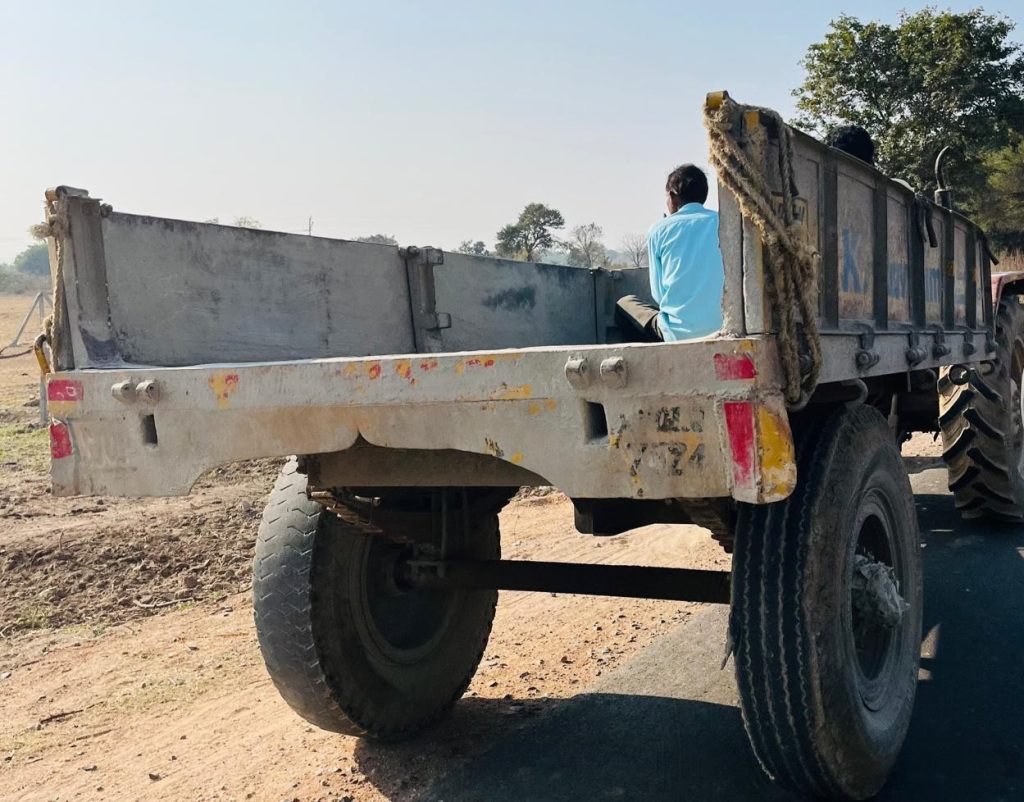
Image by Kumar
Excerpts :
Eighty three names in the list of the dead in what was known as the Decade of Liberation. But if you collected the names of the dead in the first two and half of the decade, would you come across Brati’s name ?If you relied on the newspaper for your source of information, you would never know about Brati.
Death was the sentence reserved for everyone of them, for all those who rejected a society of spineless, opportunist time-servers masquerading as artists, writers and intellectuals.
The question that followed his death was whether by killing him the authorities had been able to destroy the burning faith in faithfulness that Brati and his compatriots had stood for. Brati was dead. His friends were dead. But did that mean the end of the cause ?
But how could Sujata find her liberation in the midst of all those people ? She was rich and belonged to another class. Why should they accept her as one of them ?
Somu’s mother said Laltu went around desperately looking for a job. He did not get one. That’s what hit him. And a rage swelled within him.
This time tooSomu’s mother wept. Sujata stroked her arm.
Somu’s mother had said, You have felt the pain and that’s why you come. As for me, Didi, I have eyes, yet I am blind. I have legs yet I am lame. Didi, my daughter, tells me she will never get a job because she is Somu’s sister. Can it be true, Didi?
How would Sujata know what is true and what’s not true? Those who defied the system were no longer living. But the families remained. There was an unwritten but ruthlessly effective policy for them. Was there a similar unwritten policy for their families too ?
But time passed is time lost. Time is a ruthless killer, as cruel as destiny. Time is the river Ganga, with grief for its banks. The tide of time carries alluvium in to cover up the grief. And then fresh sprouts of greenery break through, reaching fingers to the sky, young shoots of hope and pain and joy and ecstasy.
Everything, everyone, seems part of the betrayal.
He is God himself. He is the almighty. He wants India to have this poverty, so that it knows suffering. When he wills, everyone will be rich.
Hints for the book :
The author was an Indian writer in Bengali and an activist.She was a leftist who worked for the rights and empowerment of tribal people, especially the Lodha and Shabar communities, across the states of West Bengal, Bihar, Madhya Pradesh, and Chhattisgarh in India.She was honoured with various literary awards, including the Sahitya Akademi Award (in Bengali), the Jnanpith Award, and the Ramon Magsaysay Award, along with India’s civilian honours—the Padma Shri and the Padma Vibhushan.
Her specialization lay in the study of Adivasi, Dalit, and marginalized communities, with a particular focus on their women. She was a protester against British colonialism, the exploitation by Mahajans (moneylenders), and the corruption and injustice of the upper classes. She spent years living in Adivasi villages across West Bengal, Bihar, Madhya Pradesh, and Chhattisgarh—befriending the people and learning from them.
She once wrote about the source of her inspiration:
“I have always believed that real history is made by ordinary people. I constantly come across the reappearance, in various forms, of folklore, ballads, myths, and legends, carried by ordinary people across generations. The reason and inspiration for my writing are those people who are exploited and used, and yet do not accept defeat. For me, the endless source of ingredients for writing is in these amazingly noble, suffering human beings. Why should I look for my raw material elsewhere, once I have started knowing them? Sometimes, it seems to me that my writing is really their doing.“
The idea of this chapter is to explore significant literature that places labour at the center. If you have read any such works, we would love to hear your thoughts on them. We would also consider publishing your review on our platform so that others can know why they should read the book.
Here is the link to find the book.
This section is curated by Kumar.
Kumar is a content creator and stand up comedian.


